Fifth Sunday after Pentecost
July 5, 2020
Psalm 145:8-15
You know, it’s just a hot dog. A fluffy bread envelope. A cylinder of mystery meat. Toppings, if you like. Grilled or boiled – doesn’t make that much of a difference. It’s just a hot dog. But on this weekend, on Independence Day weekend, the hot dog becomes more than a hot dog, it becomes a symbol. As Americans, we eat a hot dog on the Fourth of July and it conjures up other things. My memories go back to watching fireworks with my family as a little kid. I think about Fourth of July baseball games and summer heat. I look at that hot dog on the Fourth of July and I can’t help but think about 1776, the Boston Tea Party, Lexington and Concord. It’s crazy – but I look at a hot dog on this weekend and I start reciting those words – “We believe these truths to be self-evident, that all men are created equal, that they are endowed by their Creator with certain inalienable rights, that among these are Life, Liberty, and the Pursuit of Happiness.” Seriously, who knew a sliver of pink mystery meat and bleached white flour could make you break out into the Declaration of Independence.
Today I want to focus on a little word that is there in the Declaration of Independence, and it’s there in the psalm we read today, Psalm 145. All.
“The Lord is loving to everyone
and his compassion is over all his works.
All your works praise you, O Lord,
your faithful servants bless you.
Your kingdom is an everlasting kingdom;
your dominion endures throughout all ages.
The Lord is faithful in all his words
and merciful in all his deeds.
The Lord upholds all those who fall;
he lift up those who are bowed down.”
All.
What do we do with such a troublesome little word? Let’s face it, other words would be much easier to swallow. Some. Most. Many. But that’s not the word here. Today with Psalm 145, this weekend with Independence Day, we have to confront “all.”
I’m going to drill down on that one verse: “All your works praise you, O Lord; your faithful servants bless you.” When we hear that line, a lot of us start thinking about all those pretty things in nature that make us think about God. You’ve probably done this before, I know I have. I’ve seen a beautiful sunrise, or a majestic stand of trees, and I think about God. And that’s okay, that’s fine. But really, we’re treating creation like a hot dog. We see one thing that makes us think about something else.
We have to dig a little deeper. Now, I want to get philosophical here. So sit tight. It’s that the works themselves are praising God. See, it’s not simply that we see something beautiful in nature and we think about God. It’s that the very things God has created are designed to worship God. This means that every rock, every rainbow, every river has a purpose, and that purpose is to worship God. I know that sounds crazy, but that’s because you and I live with this false distinction between living and non-living things. It’s because we’ve been taught that there are things with souls and things without souls. Throw that out. The true purpose, the true vocation of all that is, seen and unseen, is to worship the living God. If we were at seminary right now, we would call this the “liturgical consummation of all things” or something like that.* But the idea is that everything, everything, was created by God to worship God.
You might think I’m a little nutty, but at some point today look around you at all that God has created. The grass in your yard, the clouds in the sky, even that pesky Saharan dust; at their best, at their very best, they are worshiping God because they are fulfilling the purpose for which God created them. “All your works praise you, O Lord, your faithful servants bless you.”
It also means that all people, at their very best, are designed to praise the Lord God. So often in modern Christian thought we stop at the idea that God created everybody. That’s where the Declaration of Independence stops. “All men are created equal.” Now, that is true. And that is wonderful. And that is a blessing – that all people have been created by the Lord God.
But it’s missing the next step. It’s missing the point, the purpose, the vocation of humanity. The next step is that all people were made by God to worship God. At our best, at our very best, our whole lives were created by God to be an offering back to God. The words we say, the relationships we live in, the way we raise our kids, the jobs we decide to take – every aspect of your life is to be part of your worship of God. Worship is not something you do on Sunday mornings. Worship is not something you attend or watch on your computer screen. Worship is not an aspect of your life, it’s not just the hot dog inside the hot dog bun. Your entire life was designed by God to be worship of God. That is why you were created. Not some of your life, not part of your life, not most of your life. All of your life. You’ve heard me say before and I’ll say it again – show me your calendar and your bank statement, and I will show you what you truly worship. The Psalm here is calling us to embrace this life with God more deeply and more radically so that all that we are and all that we have is the worship of God. “All your works praise you, O Lord, your faithful servants bless you.”
On the Fourth of July, a hot dog is more than just a hot dog. And what this psalm is reminding us is that everything, everything is more than what we see on the surface. Indeed, the Christian vision of nature and creation is so radical as to proclaim that even those things are worshiping God. As Jesus even said on that fateful Palm Sunday two thousand years ago, even the stones would shout praises to the Lord Jesus if we were to stop. This is a word of challenge – because too often we use nature and creation for our own petty little desires. Too often we control nature, bend its will to our own. Too often we struggle against nature instead of working alongside nature. I am not saying that we should worship the environment or the natural world – what I’m saying is that the natural world is already worshiping the Lord God. It’s time for us to follow its example. So today and this week I am challenging you to wrestle with that pesky word, “all.” I am challenging you to open your eyes, to see the world with the eyes of Jesus, to see yourself as part of this grand portrait of creation. I challenge you to open your heart so that everything about you, all of you, is praising the Lord God.
* Acknowledgement is due here to Catherine Pickstock, “After Writing: The Liturgical Consummation of Philosophy.”
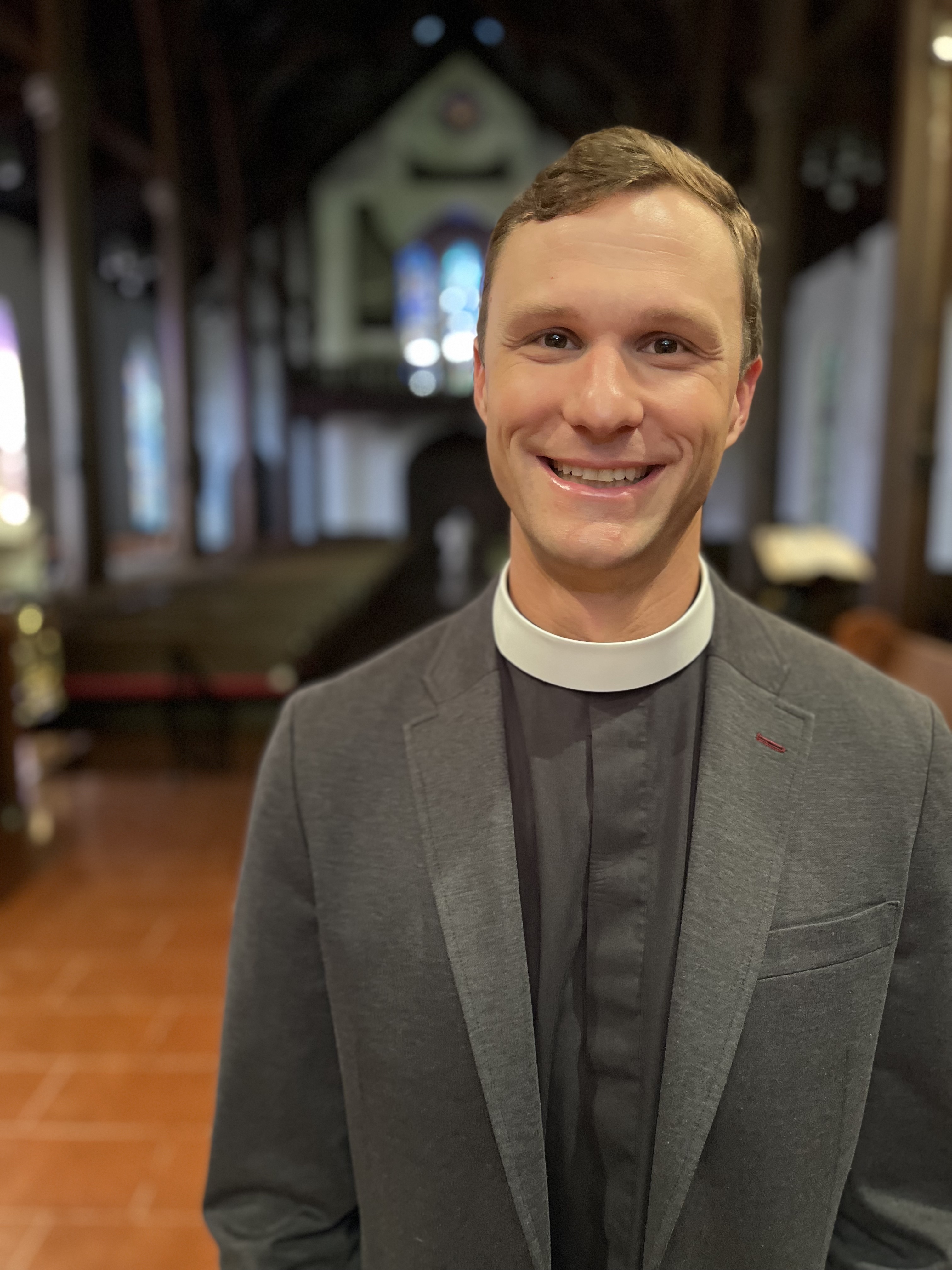

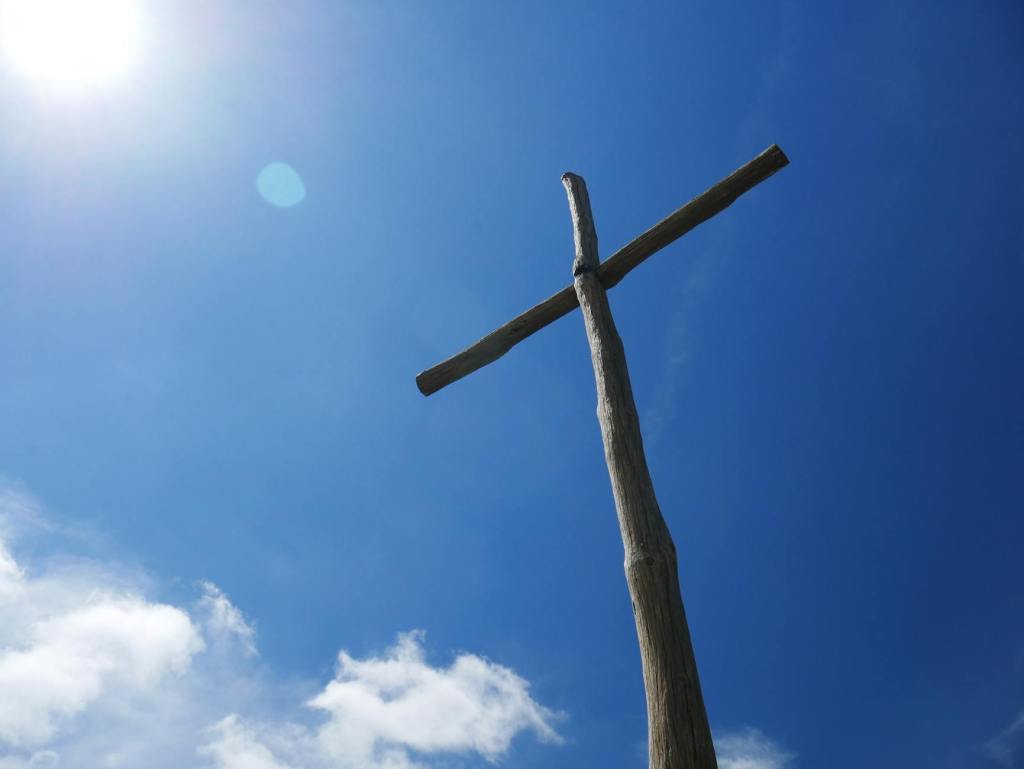
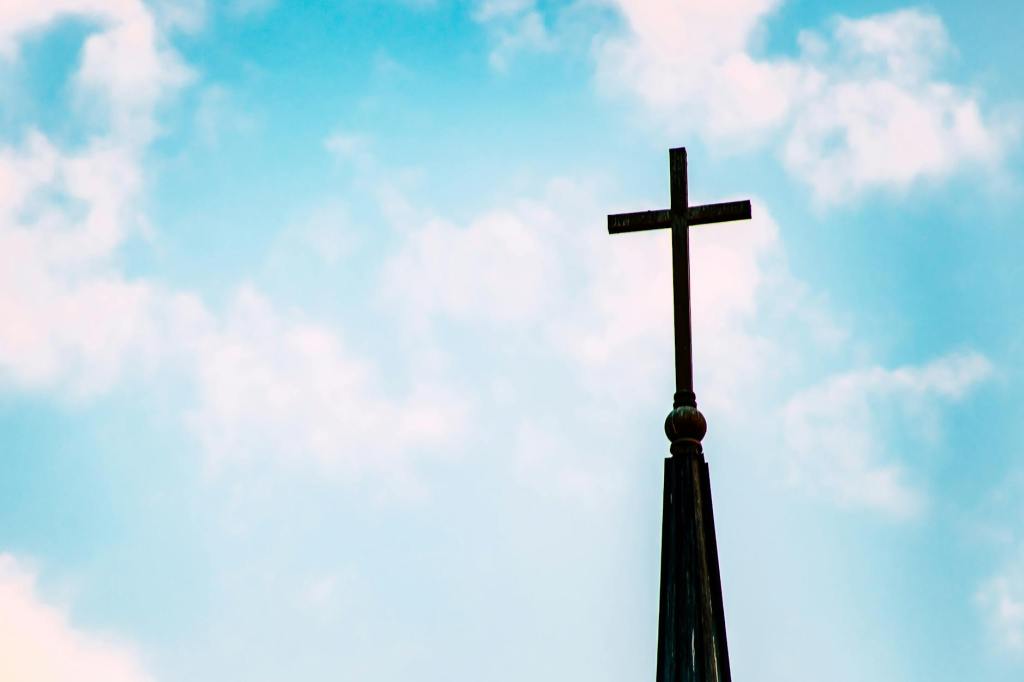
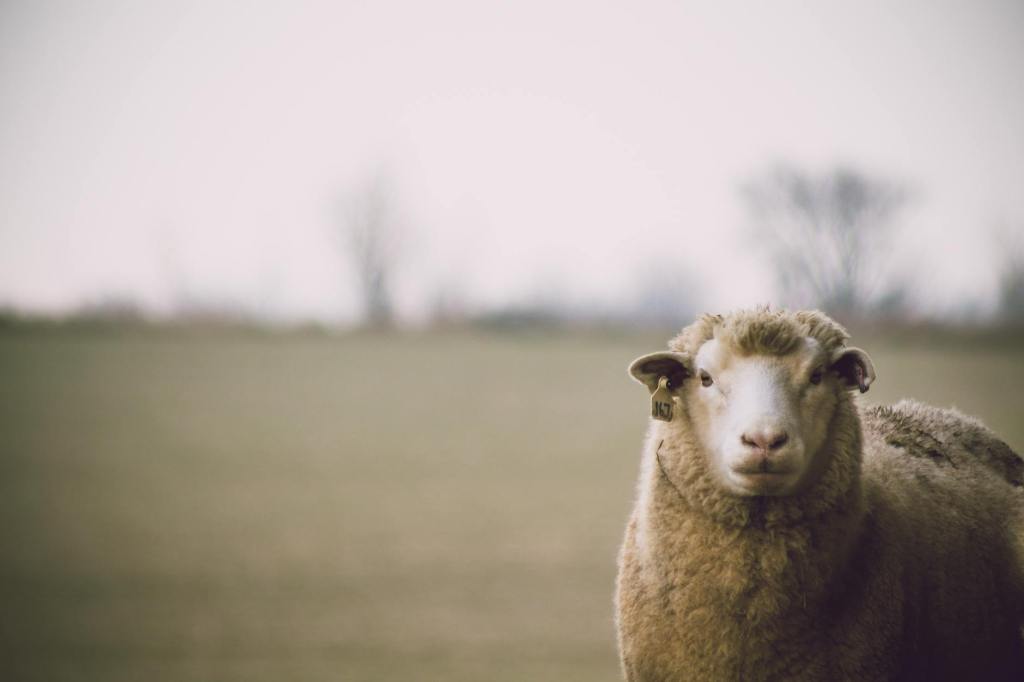
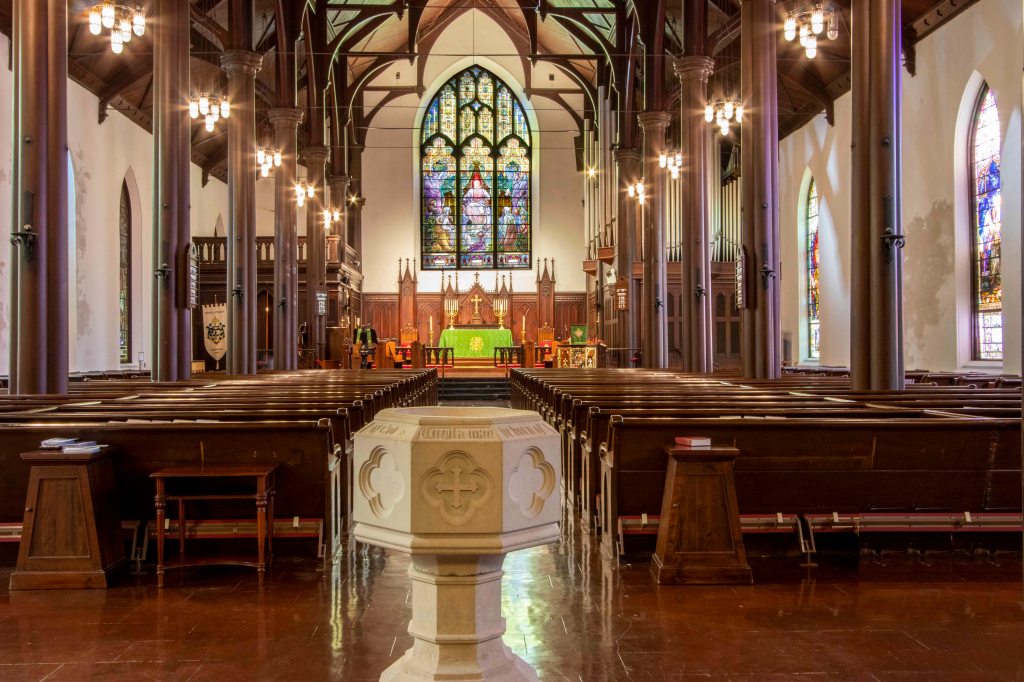
Leave a comment